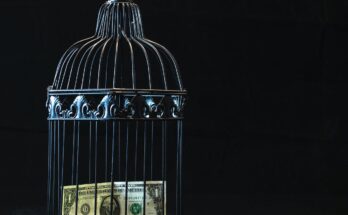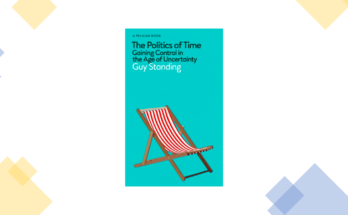And now, as a government under pressure, the Conservatives must manage the economic aftermath of the coronavirus pandemic. As it lifts the lockdown, it needs to be aware that people on low incomes, whoever they voted for, came into 2020 with a set of beliefs about the economy being “rigged”. These views will not fade overnight.
My ethnographic research in the two years following the 2016 Brexit referendum shows that the term “the economy” means different things to different people.
I conducted interviews with 60 participants from one southern English city. Some came from a low-income council estate and others from a professional suburb. These strongly suggest that the government faces an uphill struggle to convince lower income voters that economic recovery will benefit them and not be a repeat of the economic recovery post 2008.
Research participants on low incomes were more negative in the way they defined the economy than those on higher incomes. “The economy” was not a neutral shorthand term but something that signified “the rich getting richer and the poor getting poorer”. They did not see this as beyond human control and instead viewed the economy as a “rigged” system in which “the rich write the rules”.



